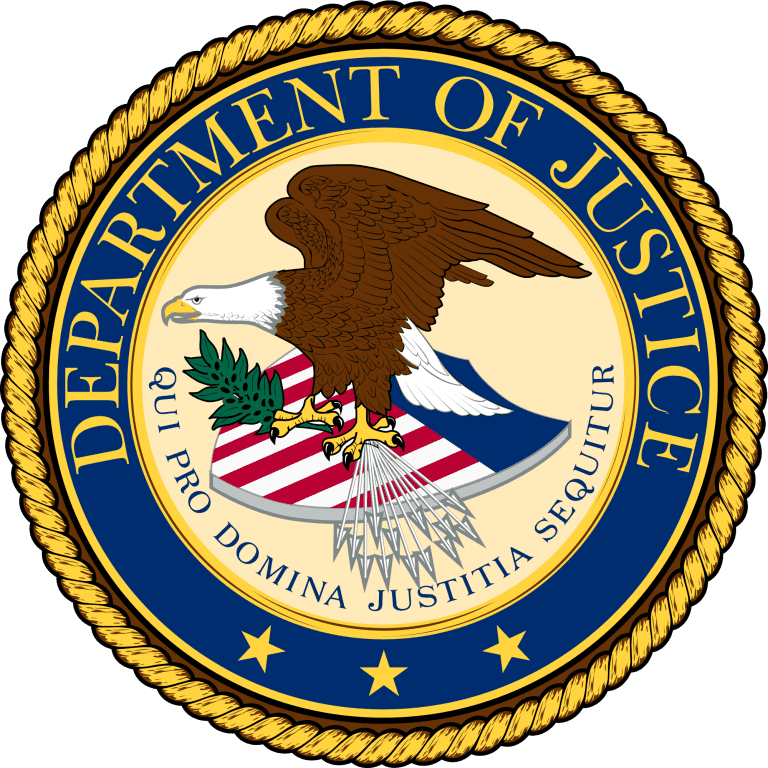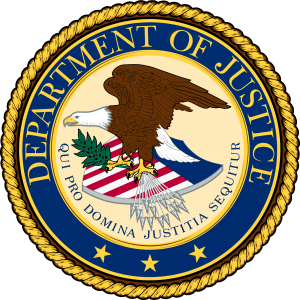Last week, Lending Club shook the marketplace lending industry with the news of Lending Club CEO Renaud Laplanche resigning after issues with a loan sale to an institutional investor and not disclosing a conflict of interest in a fund. Today we learned of more bad news from the company.
In a 10-Q filing it was disclosed that Lending Club had received a subpoena from the Department of Justice surrounding the events of Renaud’s departure. From the filing:
On May 9, 2016, following the announcement of the board review described elsewhere in this filing, the Company received a grand jury subpoena from the U.S. Department of Justice (DOJ). The Company also contacted the SEC. The Company intends to cooperate with the DOJ and the SEC. The DOJ and the SEC may have additional requests, and no assurance can be given as to the timing or outcome of these matters.
Also from the filing:
In addition, the Company may be subject to litigation related to the events surrounding the resignation of Mr. Laplanche. These occurrences could result in adverse publicity and adversely affect the Company’s brand. As a result, we could record goodwill impairment expense upon completion of the annual goodwill impairment test in the second quarter of 2016.
While the subpoena is certainly bad news for Lending Club, restoring investor confidence is a top priority. We already learned that the consortium of 200 community banks had temporarily paused investments as well as that Goldman and Jefferies had put their deals on hold. In the 10-Q Lending Club notes that a number of large investors have paused their investments as they perform audit and validation tests on portfolios or are otherwise reluctant to invest.
Lending Club has also listed ways they may attract investors, but keep in mind these are just ideas at this point. According to the 10-Q:
We are actively exploring ways to restore investor confidence in our platform and obtain additional investment capital for the platform loans. These efforts may take a number of different structures and terms; including equity or debt transactions, alternative fee arrangements or other inducements including equity. These structures may enable us or third-parties to purchase loans through the platform.
So, it is quite possible that Lending Club will use their own balance sheet to fund loans in the future taking them away from a pure marketplace to more of a hybrid lender similar to many other companies in the online lending space.
There is an entire section in the 10-Q titled “Controls and Procedures” which details some of the areas of weakness the company has identified in their own internal investigation. They stated that these weaknesses were “the result of the aggregation of control deficiencies related to the Company’s ‘tone at the top'”. They are certainly not trying to sugar coat their deficiencies any more.
Also released today was a letter from Acting CEO Scott Sanborn to investors providing details on the steps that Lending Club is taking with their data integrity review. They hired a Big Four accounting firm to do this review which included 673,000 loans issued over the past eight months. They found that “99.99% of the remaining loans display either no changes or changes explained by the normal course of business.”
Conclusion
It’s too early to determine how damaging the lower demand from investors is going to be over the coming months, but the news of a subpoena is not going to help restore confidence in the business whatsoever. After having a positive gain for the day, Lending Club stock has taken a hit in after hours trading.
Disclosure: Peter Renton, the founder and CEO of Lend Academy, and Ryan Lichtenwald, Senior Writer at Lend Academy own LC stock.



